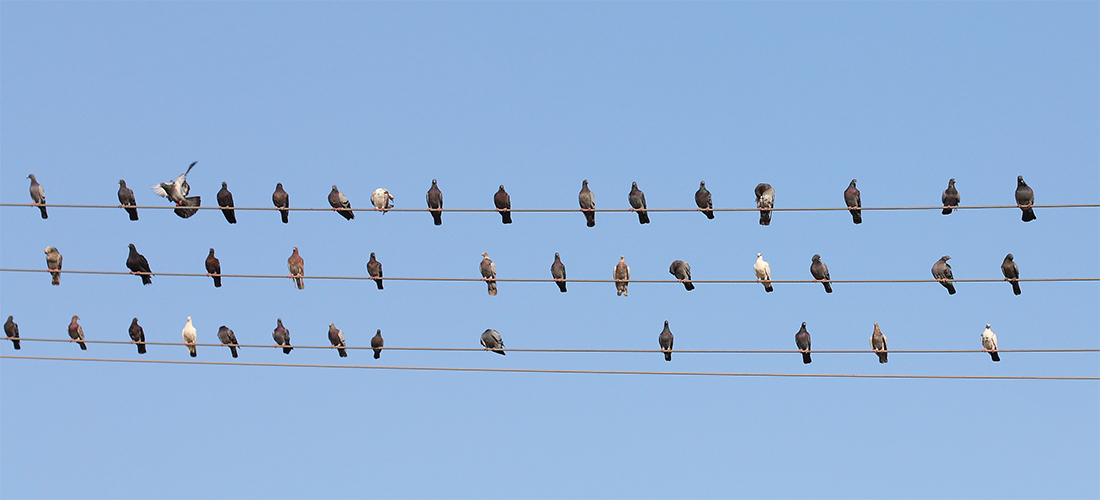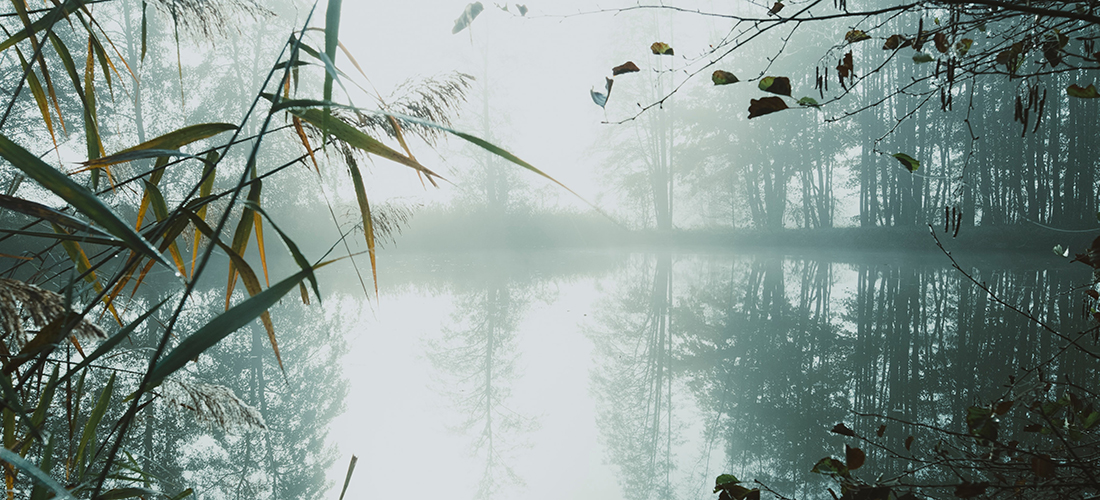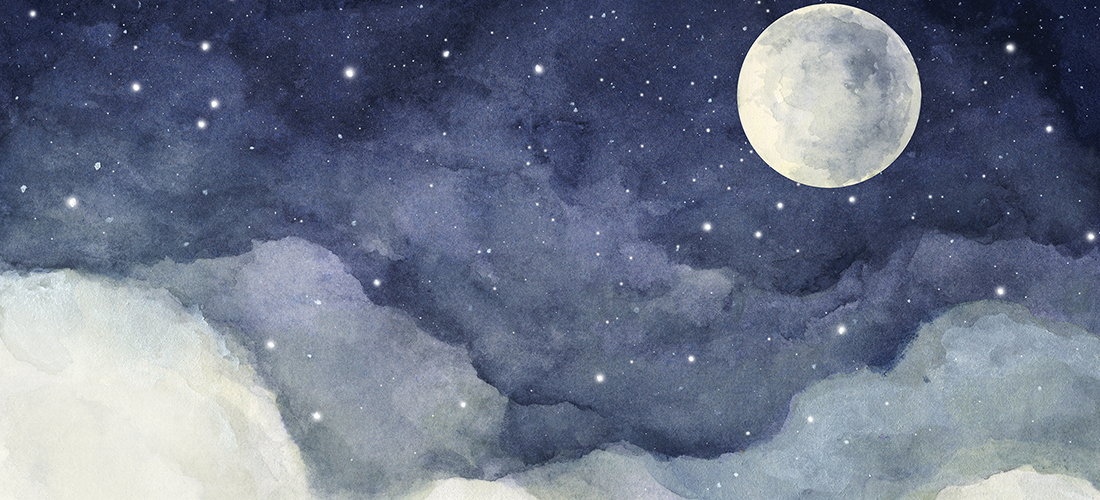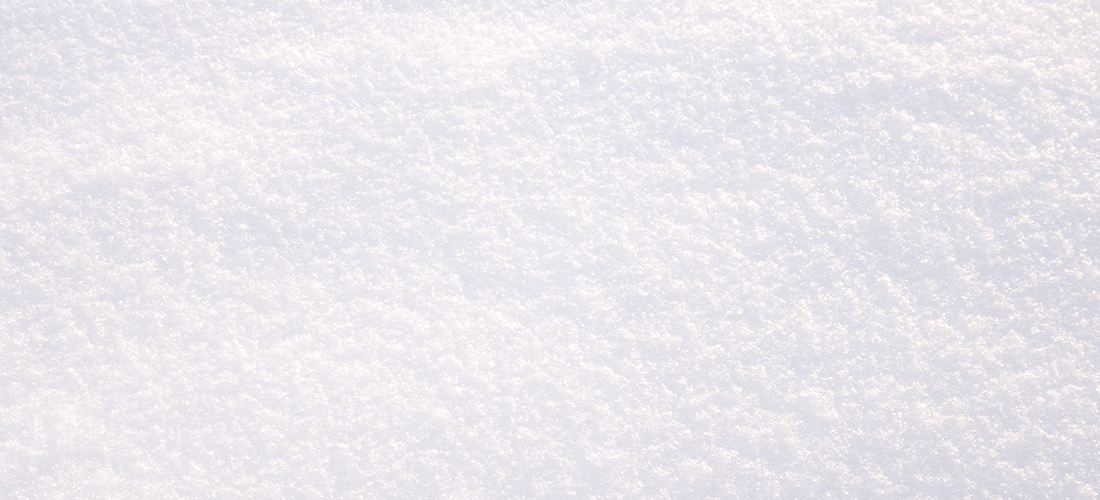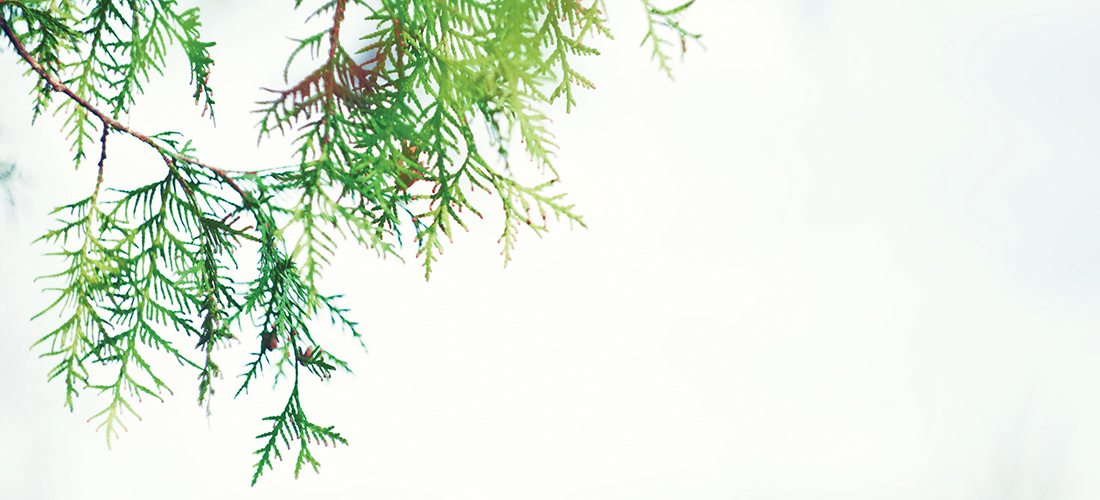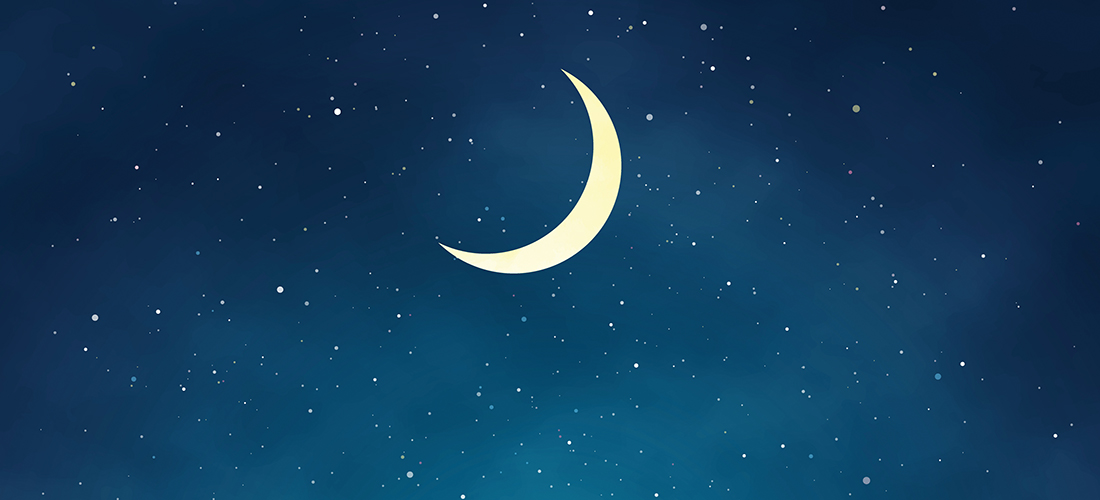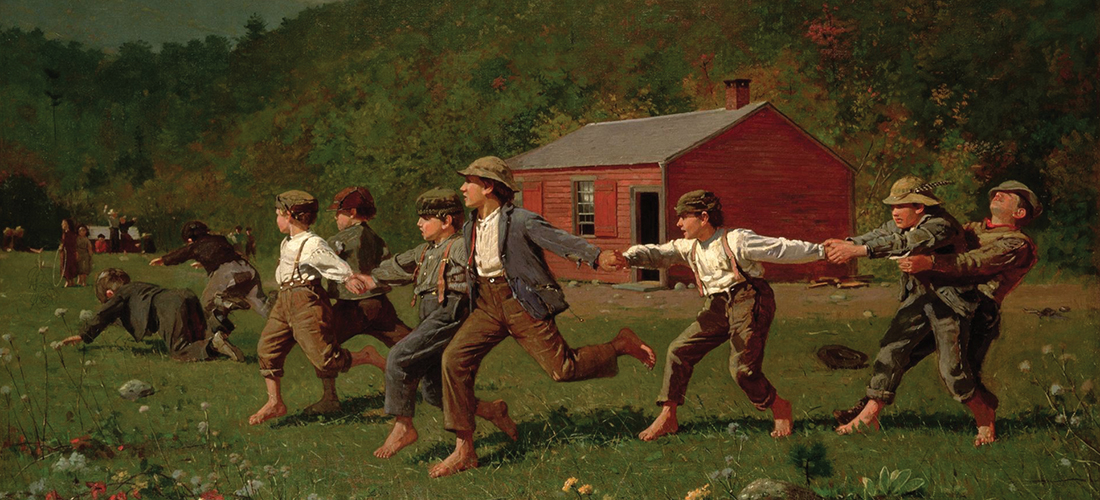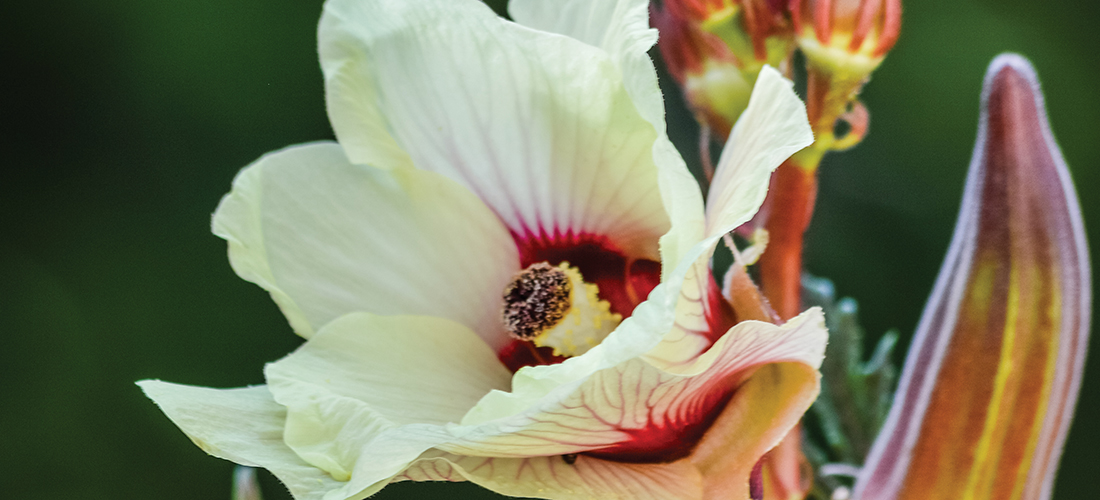Pigeons
As the day star rises over a frozen field,
kissing the roofs of houses, the barren
limbs of pin oak trees and the long arm
of the church spire reaching toward the
wintry sky, I can’t help but think of the
rock pigeons we saw huddled wing-to-
wing early last evening, on two ropes of
electrical wire. We passed by them so
quickly, I only glimpsed these dozens of
dozing birds, though long enough to note
their cozy coexistence, their companion-
able willingness to keep each other warm.
Heads tucked into their necks, their chests
puffed like rising pastries, most slept but
a few, perhaps keeping watch, remained
vigilant. Like twin strings of black pearls,
they enhanced the beauty of the bright
firmament that would soon fold them into
its purpling light — their little bird hearts
beating as one through the cold, dark night.
— Terri Kirby Erickson
Terri Kirby Erickson’s most recent book of poetry is
A Sun Inside My Chest.

